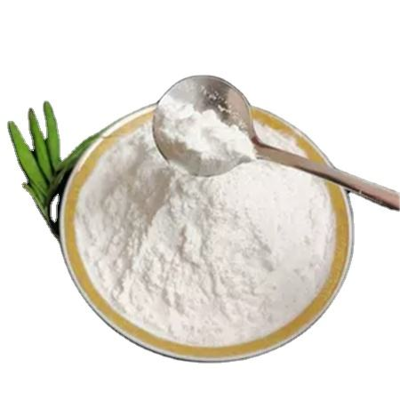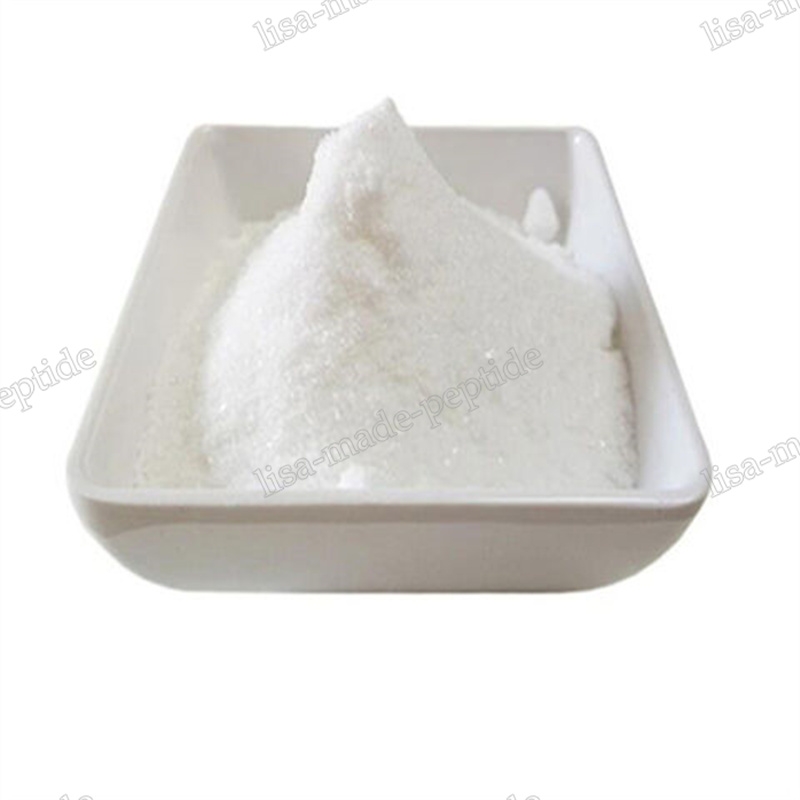-
Categories
-
Pharmaceutical Intermediates
-
Active Pharmaceutical Ingredients
-
Food Additives
- Industrial Coatings
- Agrochemicals
- Dyes and Pigments
- Surfactant
- Flavors and Fragrances
- Chemical Reagents
- Catalyst and Auxiliary
- Natural Products
- Inorganic Chemistry
-
Organic Chemistry
-
Biochemical Engineering
- Analytical Chemistry
-
Cosmetic Ingredient
- Water Treatment Chemical
-
Pharmaceutical Intermediates
Promotion
ECHEMI Mall
Wholesale
Weekly Price
Exhibition
News
-
Trade Service
On April 2, 2021, the April report of the Textile Intelligence Agency (Textiles Intelligence) mentioned that the market for biopolymers is likely to double from 2020 to 2024 due to absorbent hygiene products (AHPs, or AHPs).
AHPs are a big business, including baby diapers, femcare products, such as sanitary pads and pads, and products for treating adult urinary incontinence (AI)
However, AHPs are mainly derived from SMS meltblown non-woven fabrics, which are extracted from petroleum, and their manufacture and use are not good for the environment
In order to solve this problem, a number of recycling initiatives have been formulated internationally.
However, the recovery of AHPs is extremely difficult in view of its material structure, the application involved, and the state of being processed
As the post-consumer AHP waste problem becomes more and more serious, the AHP industry is being restricted and facing legal pressure, such as the European Union’s "Single-Use Plastics Directive" (Single-Use Plastics Directive) and other legislation, the United States also has similar bills awaiting approval, Canada A similar bill is being drafted
Manufacturers of AHPs are trying to circumvent the influence of legislation.
However, the availability of biopolymers is limited
However, as the original plastics used in packaging are gradually being replaced by bio-based or recyclable alternatives, the possibility of replacing existing polymers in non-woven fabrics will be greater







